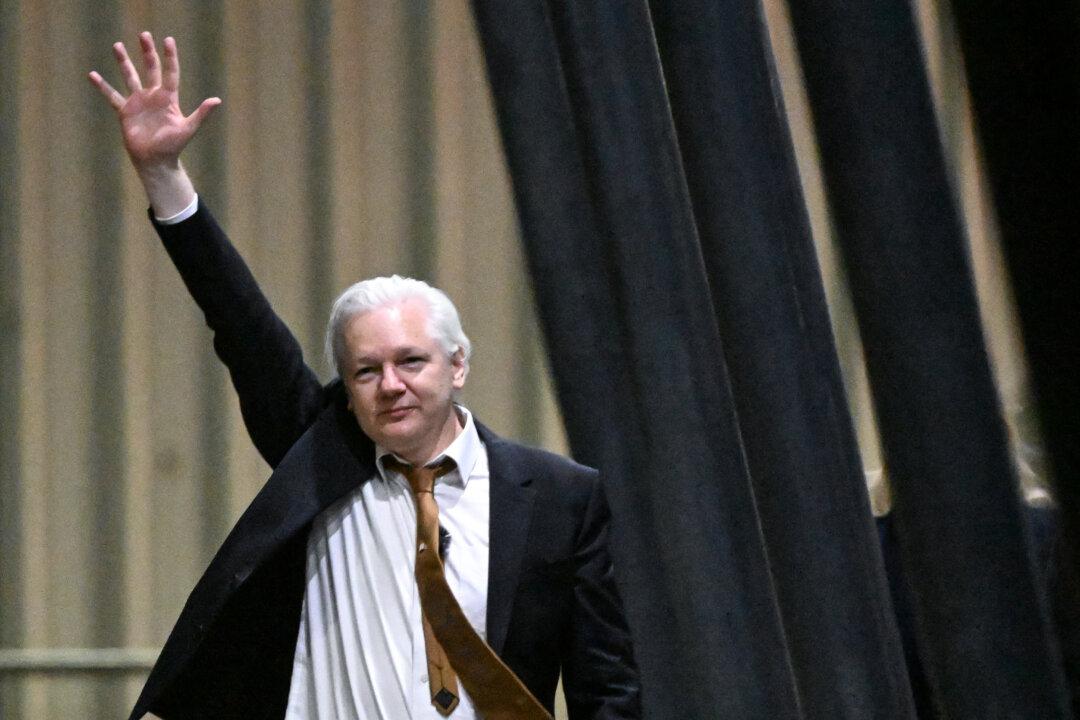A coalition of Australians, including independent Members of Parliament and prominent human rights advocates, has called on outgoing U.S. President Joe Biden to grant a full and unconditional pardon to WikiLeaks founder Julian Assange.
The open letter, signed on Jan. 17, urged Biden to set aside Assange’s conviction and reinforce the shared democratic values between Australia and the United States.





